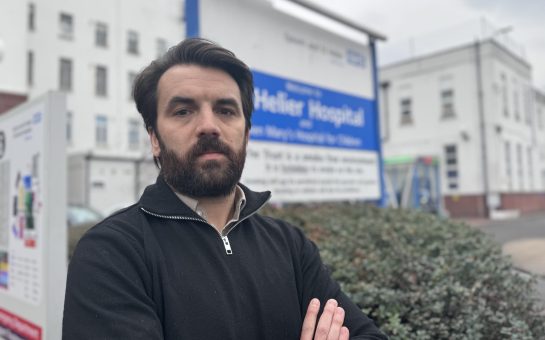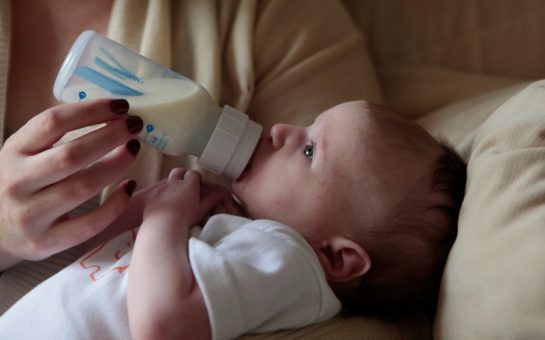Angelina Jolie had a double masectomy after discovering a faulty gene.

A programme to test cancer patients for nearly 100 risk genes is to start in a South West London hospital.
Last week, Hollywood actress Angelina Jolie revealed she had a double masectomy after finding out she had a faulty gene which meant she had an 87% risk of breast cancer.
Now The Royal Marsden Hospital, alongside the Institute of Cancer Research, are starting a programme to look for faulty genes to pick targeted drugs or decide how much of the tissue to remove.
It will also highlight patients at high risk of additional cancers who need to be monitored closely.
Prof Nazneen Rahman, lead investigator of the programme, said: “It is very important to know if a mutation in a person’s genetic blueprint has caused their cancer.
“It allows more personalised treatment, so for example such people are often at risk of getting another cancer and may choose to have more comprehensive surgery, or may need different medicines, or extra monitoring.”
Prof Martin Gore, the medical director of the Royal Marsden, said this was an exciting change of practice.
“Patients want to know. I’m asked several times a day, ‘Is this hereditary?’ There’s no point pretending that patients don’t want to know,” he said.
But Prof Gore warned this was a new idea, so any downsides to testing, such as how families might deal with the extra information, remained unknown.
The programme, funded by the Wellcome Trust, aims to come up with the best way for such testing to become the standard across the whole NHS.
It will start with women with breast or ovarian cancer by 2014.
Prof Peter Johnson, Cancer Research UK’s chief clinician, said: “Researchers now have a wealth of information about the inherited gene faults that increase a person’s cancer risk, and this knowledge can help tailor treatments for patients whose cancers are linked to these mutations.
“This exciting new initiative will help embed genetic testing into routine NHS cancer care, and hopefully allow more cancer patients to benefit from genetic testing – and more personalised care – in the future.”
Photo courtesy of by Gage Skidmore, with thanks.
Follow us @SW_Londoner




